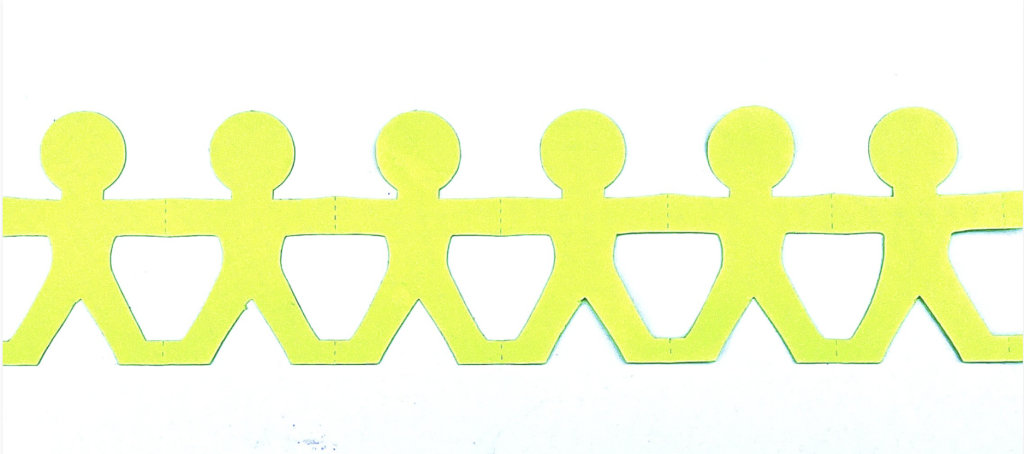Self Care Club – Talk and Craft
Workshop at East Finchley Library, 2nd October, 4 participants.
This workshop was designed to encourage a self reflective approach to increase self awareness of young neurodivergent and dyspraxic girls, helping them develop strategies to nurture a proactive approach to the challenges of being neurodivergent.
Being asked all the time, why is your work such a mess?! Why are you so unkept?! Always being the last pick for sports, having red pen marked all over homework, all this makes people suffering from dyspraxia to experience low self-esteem.
Reframing negative statements using positive language, thoughts, and actions, thus addressing the negative narrative. Identifying successes and showing examples of doing things differently to successfully achieve goals to build confidence. If you are more self-aware and know how to learn best, you can better tell others how to support yourself in the future.
Introduction of participants.
Name:
Age:
Neurodivergent condition:
What means to be neurodivergent?
Your friend tries something, and it doesn’t work out for them.
Do you say the same to them as you said to yourself?
I guess you are kinder to your friend than you are to yourself.
The struggles of being neurodivergent in a neurotypical dominated world lead us to hold ourselves to higher standards and be more self critical.
I know you might be British, but we must train ourselves to learn how to gracefully accept compliments and fiercely celebrate the things we achieve.

Raising Self Awareness Activity – Critical Thinking –
Write the answers in the notebook, so you can refer back to it whenever you need to remember to be more compassionate and positive to yourself.
What are you good at?
What do people say you are good at?
What are you proud of?
What qualities do I have?
Think of a successful task?
Why was it successful?
How did you do it?
If you are more self-aware and know how to learn best, you can better tell others how to support you in the future.
Do I know what helps me?
• Chunking
• Overlearning
• Assistive Technology
• Quiet Space (noise cancelling headphones)
• Observing or doing
• Visual references
Find time for leisure and self-care: live music, gym, running, yoga, hobbies such as gardening, photography, craft.
Organisational tips: Desk raiser, Post-it, Pin Board, Check List, Story Planer, Paper Calendar on sight.
Strategies to not lose stuff all the time: Hooks for bags/backpack, phone station for mobile, earphone and charger, and a dish or similar for wallet and keys. Always try to organise your things with a designated place to go when not in use.

This workshop was attended by:
Emily 18 – Aspergers and Dyspraxia. Diagnosed at 14
Sarah 24 – Bipolar, Dyspraxia and TDHA. Diagnosed at 20
Jaikara 20 – Aspergers and Dyspraxia. Diagnosed at 10
Danielle 26 – Tourret and Dyspraxia Diagnosed at 19


My next step is to present this workshop on the 15th October by Zoon to 10 participants. I will send all participants a “care pack”, including all material to make the pin board, a note book for the writing exercises, and a few bits to make some crafts.
The next workshop will be part of the annually organised dyspraxia awareness week, that happens in every October with a number of talks, workshops, fundraising events and more. The organisers also conduct studies and hold live conversations to have people get to know and get to understand dyspraxia.
